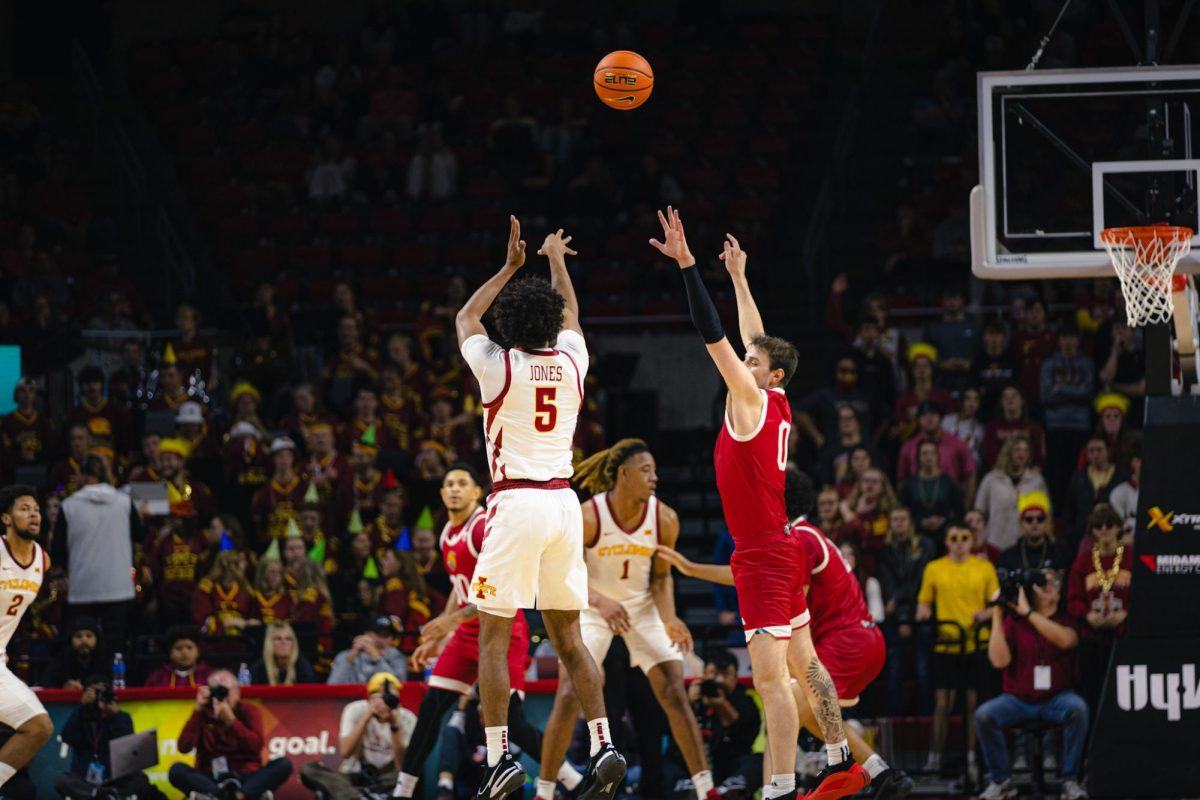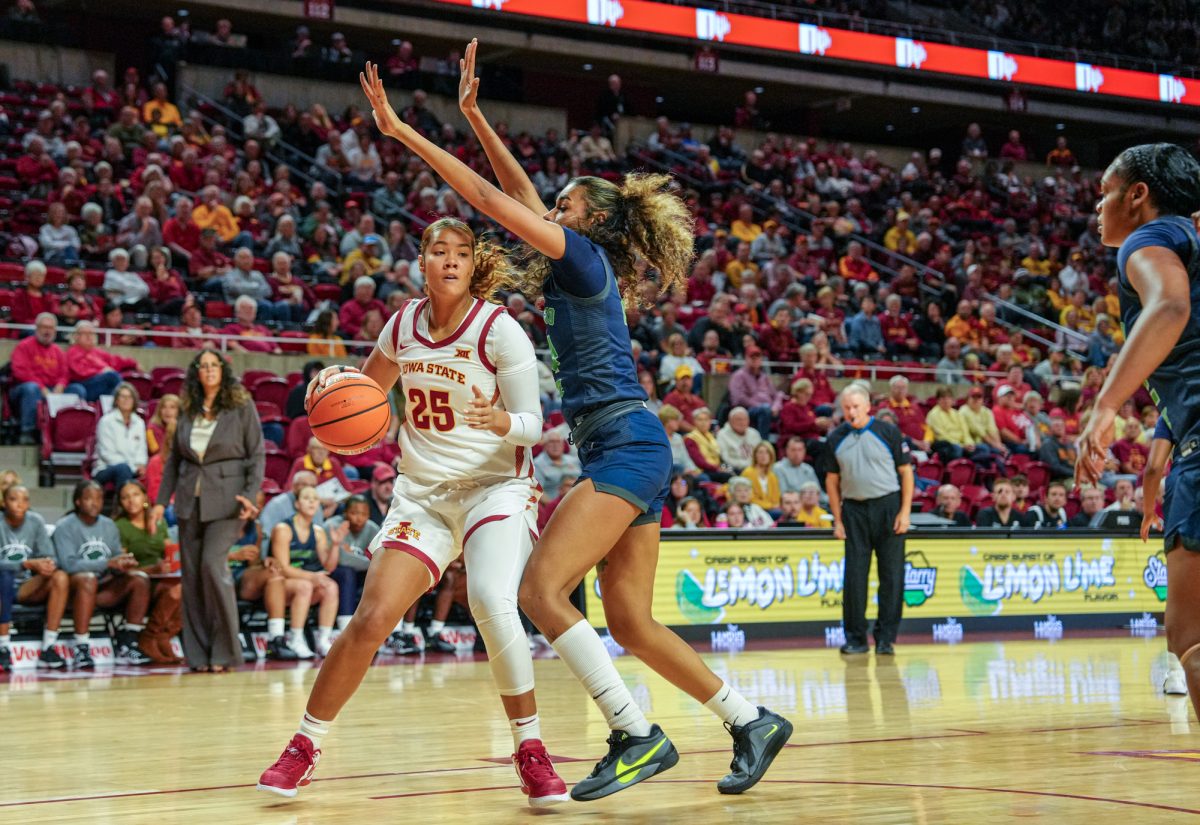EDITORIAL: Circuit Court’s decision contradicts First Amendment
June 27, 2005
June 21 marked a step backward for college newspapers and their readers, and ultimately, the First Amendment.
According to the 7-4 decision handed down by the 7th U.S. Circuit Court of Appeals, having a college dean insist on reviewing a paper before it went to print is not a violation of the First Amendment.
The case began when the Dean of Student Affairs, Patricia Carter, at Governors State University in Illinois demanded she approve the paper before publication. Carter was successful in stopping publication, and the student newspaper, The Innovator, has not seen the light of day since 2000.
Obviously, student editors and reporters were floored, and reporters Margaret Hosty, Steven Barba and editor in chief Jeni Porche sued the school.
The case sat before a federal district court and a three-judge panel in the 7th Circuit. Both said Carter was in the wrong, on the basis that the 1988 U.S. Supreme Court Hazelwood case did not apply to public colleges, even if they receive funding from the school. Hazelwood states that high school administrators have the right to censor student publications.
But judges in the majority on the 7th Circuit wrote that college newspapers operate under the authority and grace of the administration; therefore, in the interest of managing an “academic community” it has the right to interfere with student publications.
This decision is devastating. Not only does it threaten a student reporter’s ability to report on the administration, but it sends a strong message of dislike for the First Amendment — a mantra that not only protects journalists, but everyone. Right now, the ruling stands only in a few states. The students involved in the case have resolved to take it to the nation’s highest court; and if the 7th District’s ruling is upheld, it will affect us all.
The Dean of Student Affairs has no right to censor the paper. No college administrator does. Hazelwood can’t bleed into a public college. What other opportunity will student journalists have to learn to report accurately and fairly? What other opportunity will college readers have to learn what they should from their newspapers?
Students are not second-class citizens. For a country that makes freedom of primary importance, this ruling should come across as alarming, if not downright scary.
Until the Supreme Court ruling, the Iowa State Daily will keep its fingers crossed that the court believes we, as in all public college newspapers, deserve the right to publish freely and make editorial decisions without the administration breathing down our necks. We hope our readers stand with us.






